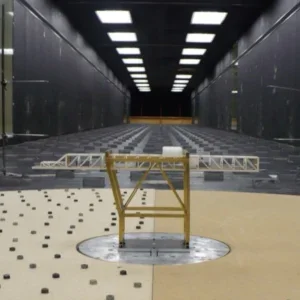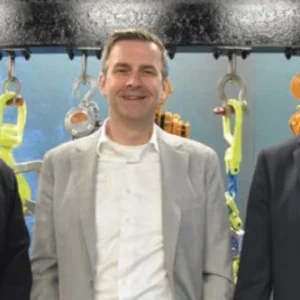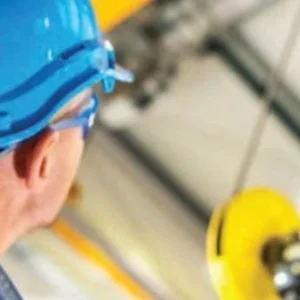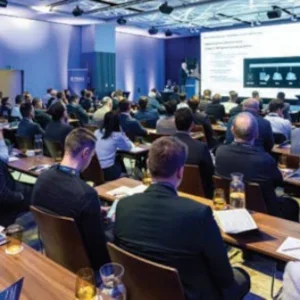Last month, I talked about the uncertain political situation here in the UK, as we faced a referendum on the country’s future in the European Union. This month, as the whole world knows, it’s clear we will be leaving.
I think this month’s profiles in Hoist demonstrate the problems Britain will face outside of the European Union, and the approach the country’s businesses will need must take to continue to succeed.
We have an in-depth look at Street Crane’s products for heavy manufacturing. Street has its roots in England’s former industrial heartland around Sheffield. Peter Street, the company’s founder, grew up in the steel industry. In 1946, returning from serving his country as a pilot, he established an overhead crane maintenance company.
Ten years later, he moved the business to nearby Chapelen- le-Frith, where there was space to fabricate a range of innovative heavy cranes.
In those days, the Sheffield steel industry was a world leader, supported by a network of British heavy industries, and selling overseas to the Commonwealth and the remnants of the British Empire. As those countries, and other European powers’ colonies, won their independence, Britain and its neighbours needed to look for new ways of doing business.
The European Union developed in part as a response to this process of national liberation. No longer able to impose trade links on emerging markets while protecting their local markets with taxes and tariffs, Europe’s manufacturing economies needed to find ways to compete on a level playing field for new markets. I know many British readers will disagree with me, but I think this is a point the Brexiters miss. We are not living in the world in which Peter Street founded his business. The hopes some have of an anglophone or Commonwealth trading network, of advantageous new trade deals negotiated by Britain alone, seem to me naive.
Street, and our other profile subject this month, Kito Americas, have shown that businesses can thrive when they compete internationally. I believe the world will be harder for British businesses, but I don’t doubt that those that innovate will find ways to succeed. While recent currency changes mean imported components may become more expensive, exports of finished products will be cheaper. So long as the next UK government can come to agreements that avoid excessive tariffs, we may avoid the worst possible effects.
But, as a country alone, we will perhaps be more vulnerable to contingency. The fragility of global economics is illustrated by our Kito Americas profile. Run through the Japanese manufacturer’s US subsidiary Harrington Hoist, the division which was set up five years ago to better support customers in Latin America.
Shortly after Kito Americas’ launch the commodity prices that supported its customers’ businesses deflated. The company, working with local distributors, had to identify new sources of demand, like the bridge project shown on our cover.
For British businesses, facing a changing world, similar flexibility will be key.






